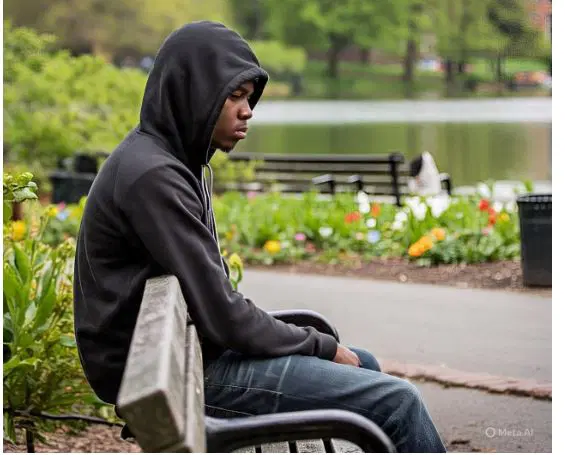
Source: Health Vanguard
New WHO report links loneliness to rising deaths, illness, and societal breakdown

The World Health Organisation (WHO) has sounded a global alarm on loneliness, revealing that over 871,000 people die annually due to the health consequences of chronic social disconnection.
In its latest report, the WHO estimates that 1 in 6 people worldwide experience loneliness, a condition that contributes to serious health outcomes such as stroke, heart attack, diabetes, depression, anxiety, and suicide. Beyond the human toll, loneliness also imposes billions in economic losses through strained healthcare systems and reduced workforce productivity.
Co-chair of the WHO Commission on Social Connection, Dr. Vivek Murthy, defined loneliness as:
“A painful, subjective feeling that many of us experience when the relationships we need do not match the relationships we have.”
He further explained that social isolation is a more measurable, objective lack of interactions, often accompanying or intensifying loneliness.
The report highlights two especially vulnerable groups:
Lonely teenagers are 22% more likely to score lower grades, and lonely adults face greater challenges finding or keeping jobs, further deepening cycles of isolation and economic hardship.
Key contributing factors identified by WHO include:
The shift toward digital-only communication, while useful for global connectivity, has removed important human signals like facial expressions, tone of voice, and nonverbal cues, which are essential for deep, fulfilling interactions.
Sweden has emerged as a global model with a national strategy to combat loneliness, according to Social Minister Jakob Forssmed.
Key initiatives include:
Studies show this has improved sleep, reduced tech dependence, and strengthened peer connections.
Forssmed emphasized that even children resent parents’ screen distraction, calling for a cultural shift toward tech-free quality time.
The WHO Commission urges countries to build more intentional spaces—parks, clubs, cafés, and libraries—designed to bring people together without digital interference.
Dr. Murthy concluded: